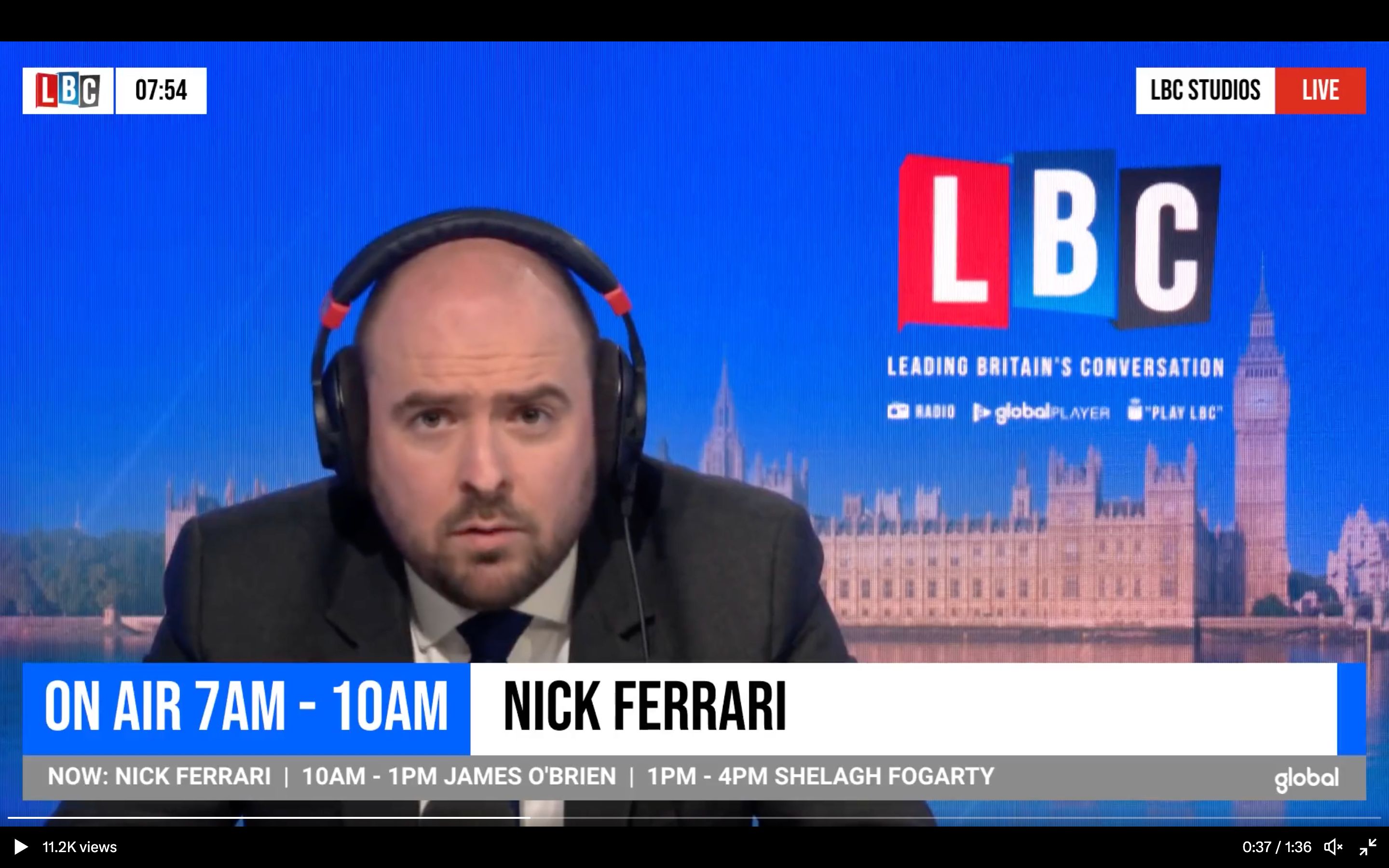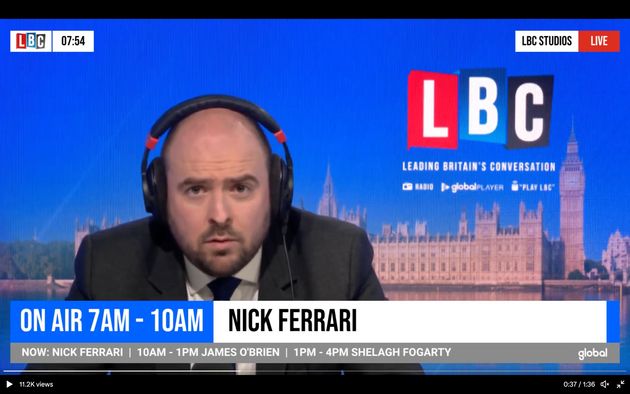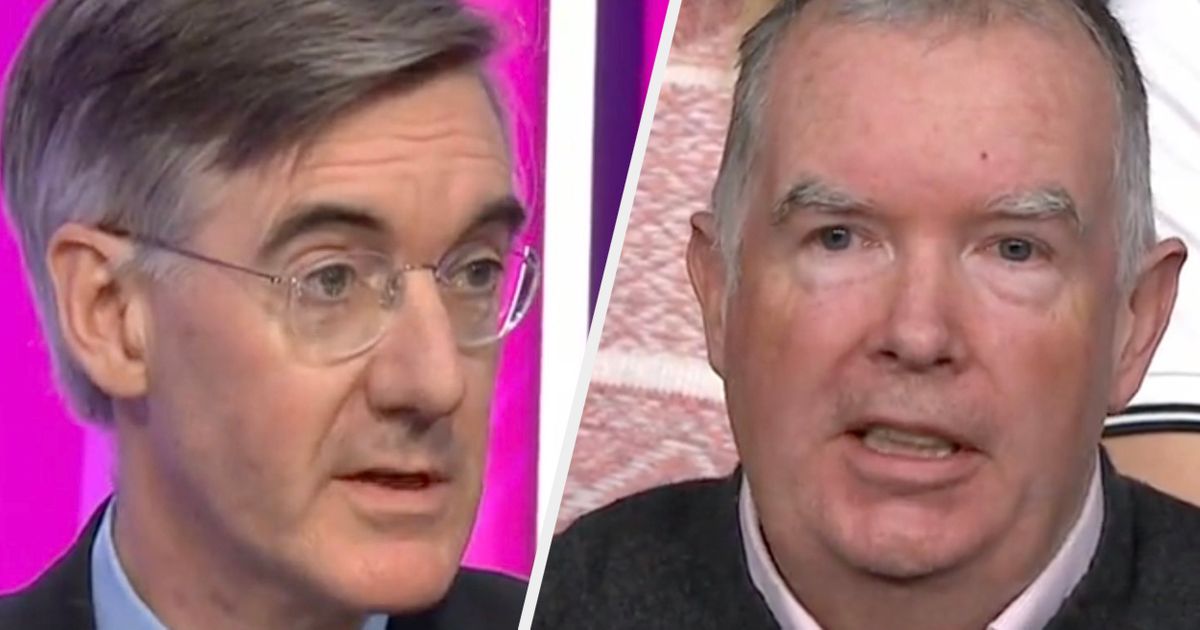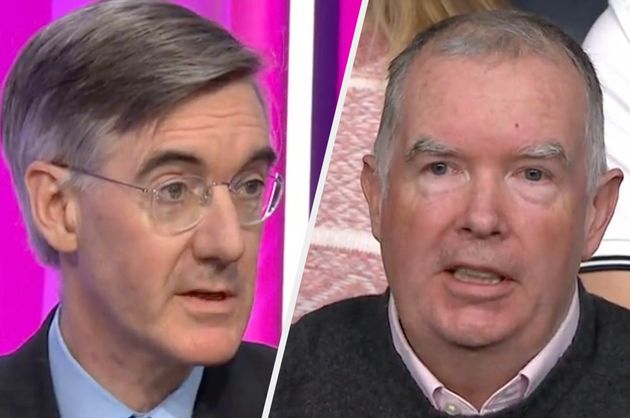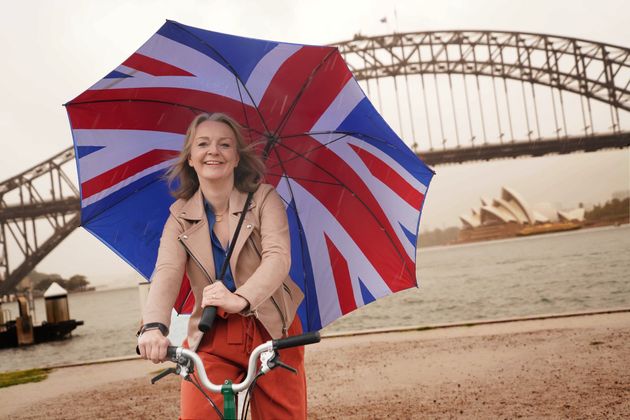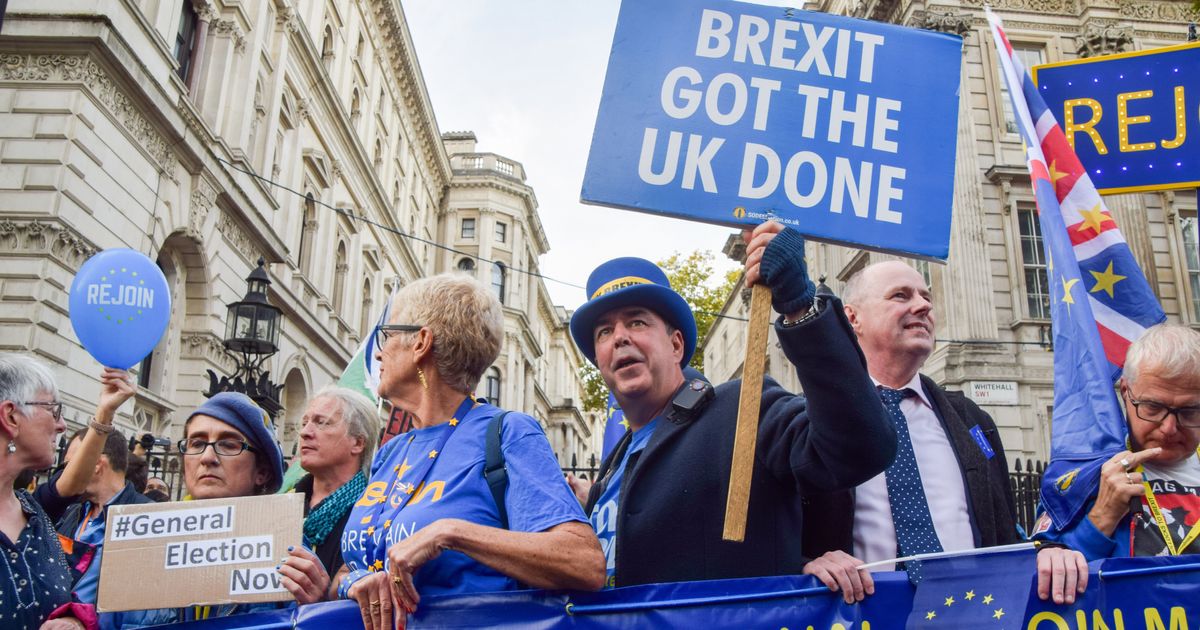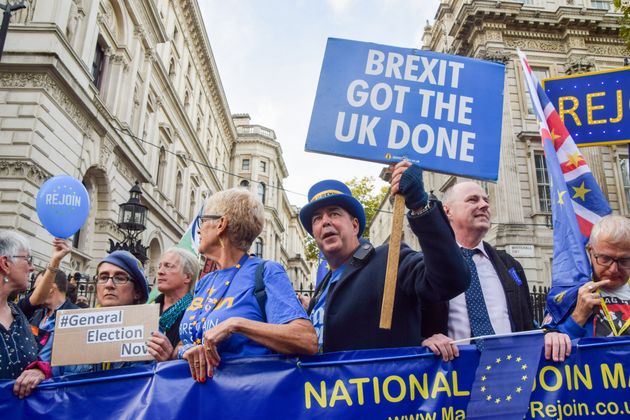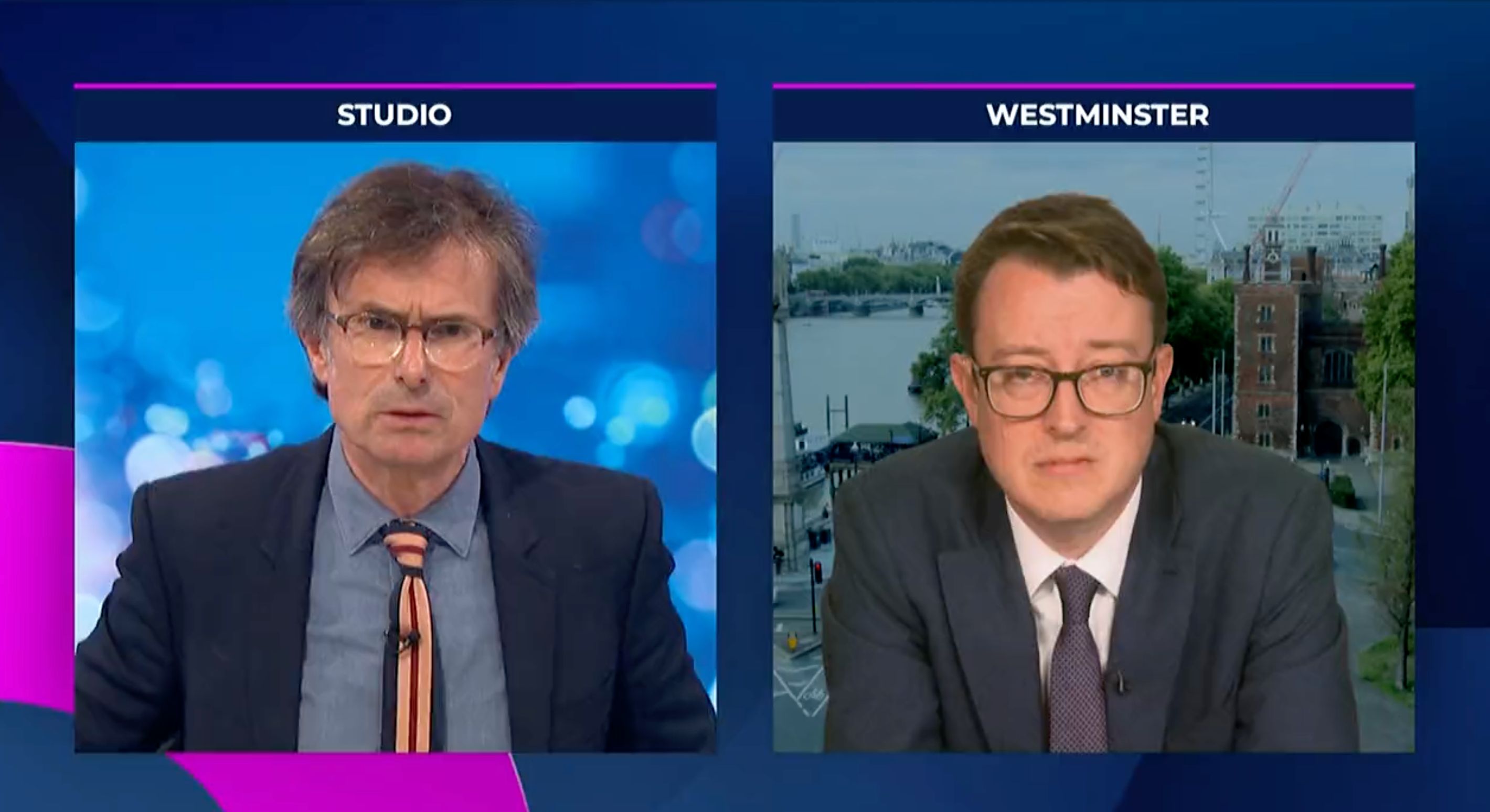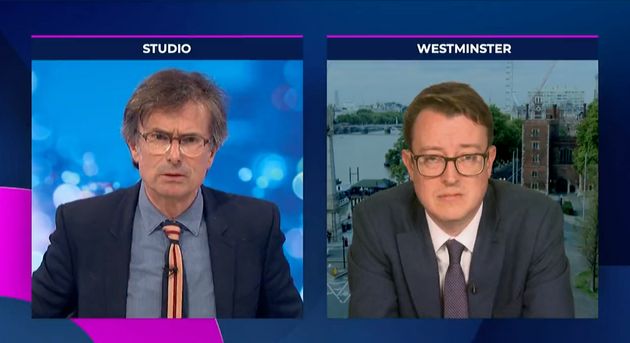
A furious political row has erupted after Rishi Sunak urged King Charles to meet the president of the European Commission in the middle of crunch Brexit talks.
Buckingham Palace confirmed this morning that the monarch will have an audience with Ursula von der Leyen in Windsor.
Advertisement
The EU chief will be in the Berkshire town for negotiations with the prime minister to put the finishing touches to a new deal on the Northern Ireland Protocol.
In a statement, the palace said: “The king is pleased to meet any world leader if they are visiting Britain and it is the government’s advice that he should do so.”
But the PM’s official spokesperson insisted: “Fundamentally it is a decision for the palace.”
The spokesperson also pointed out that the king had met with other world leaders who have visited the UK recently, including Ukrainian president Volodymyr Zelenskyy.
He added: “His view is that it is a matter for the palace to decide and ultimately for the kind to decide if he wants to meet individuals.”
Advertisement
However, former DUP leader Arlene Foster said it was “tone deaf” for for the government to advise the king to meet von der Leyen at such a politically sensitive moment.
Reports first emerged over the weekend that the king and European Commission president could meet up.
At the time, Tory MP Jacob Rees-Mogg said: “If there were a plan to bring the King in before there is domestic political agreement, it would border on constitutional impropriety.”
Shadow Northern Ireland secretary Peter Kyle said: “I do not know how a thought of involving the king could pass somebody’s mind and reach it to their mouth before they realise that this is a very very unwise policy to choose because it has constitutional implications.”
Advertisement
The row comes as Sunak prepares to finally unveil the agreement he has reached with the EU on trade between Britain and Northern Ireland.
He and von der Leyen will hold a press conference this afternoon, before the PM makes a statement to MPs in the House of Commons.
However, it could potentially spark a major Tory split if the DUP say they cannot support the deal.







